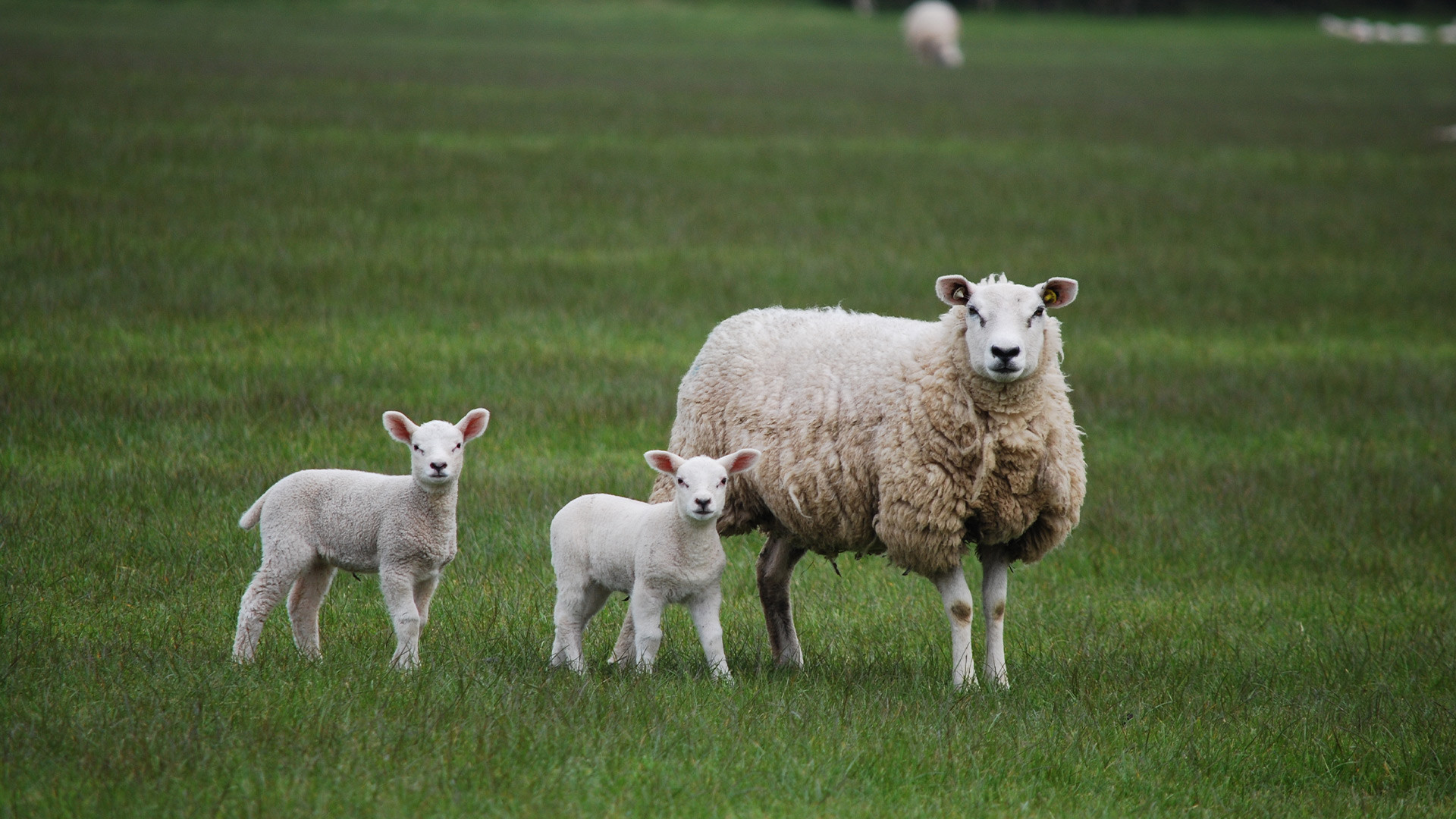The New Zealand sheep farming industry is facing a challenging season ahead, with lamb prices dropping to multi-year lows and profitability shrinking. The sobering reality is that the industry is dealing with a perfect storm of factors that are putting immense pressure on sheep farmers and threatening the livelihoods of thousands of workers in the meat processing sector.
The situation is so dire that many farmers are being forced to abandon sheep farming altogether, switching to more profitable ventures like dairy or beef finishing. The decline in sheep numbers is also having a ripple effect throughout the country, with major meat processing companies warning of plant closures and job losses in the coming months.
Declining Lamb Prices and Shrinking Livestock Numbers
Beef and Lamb New Zealand, the industry body representing sheep and beef farmers, has painted a bleak picture for the sector’s future. Its latest report reveals that red meat profitability is forecast to drop by 7.4% to an average of $45,200 per farm. The report highlights the impact of high costs, particularly interest payments, which have reached levels not seen since the 1980s and 1990s.
The report also forecasts a 1% increase in revenue, which will be outweighed by a 1.8% rise in expenditure. The decline in sheep numbers is particularly concerning, with a 4.3% decrease to 23.3 million in the year to June. The lamb crop for spring 2025 is projected to fall by 970,000, or nearly 5%, due to the dwindling number of breeding ewes.
The Impact of Land Use Change
One of the major factors driving the decline in sheep numbers is the conversion of sheep and beef farms into forestry. The Emissions Trading Scheme (ETS) and high carbon prices have incentivized farmers to switch to forestry, as planting trees offers them a financial benefit for offsetting emissions. Between 2019 and 2022, an estimated 180,000 hectares of sheep and beef farms were sold to forestry companies, accelerating the decline in livestock numbers.
While the Government has acknowledged concerns about excessive land conversion, it is still grappling with the need to balance the competing priorities of agriculture, forestry, and climate change. Despite some recent decline in exotic afforestation, there is still a risk that too much productive farmland will be lost to forestry.
A Restructuring is Needed
The shrinking livestock numbers are having a direct impact on the meat processing sector, which is facing a severe capacity crunch. Affco, one of New Zealand’s major meat processing companies, is predicting the loss of hundreds of jobs due to the decline in livestock numbers. It forecasts a loss of almost 1 million lambs available for processing next season, a significant drop that will necessitate plant closures and job losses.
The industry is at a crossroads, with a need for a major restructuring to adapt to the changing realities of the sector. The decline in livestock numbers, combined with weak international markets, particularly in China, is putting immense pressure on meat processing companies to reduce their capacity.
The Future of New Zealand's Meat Industry
While the immediate future of the sheep farming industry looks bleak, the meat industry has a history of resilience. There are some positive signs emerging, including a stronger beef market driven by demand in the United States. However, the industry needs to adapt and find new ways to thrive in a changing world.
Farmers, processors, and the government need to work together to find sustainable solutions that will ensure the long-term viability of the sector. This will require addressing the challenges of declining sheep numbers, volatile market conditions, and the need to balance agricultural production with climate change goals. The future of New Zealand’s meat industry hinges on finding these solutions.


















